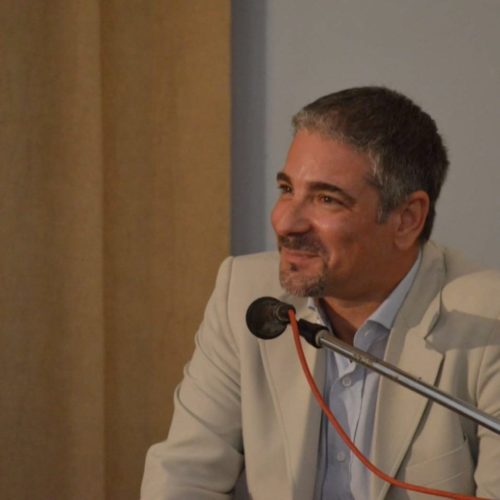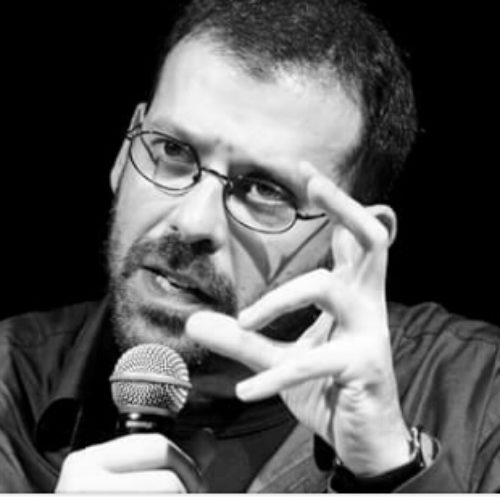Refugee Crisis
Karl Polanyi lived in many different countries, Hungary, Austria, the UK and the US. He was forced to migrate in the face of various turbulent historical circumstances, such as Word War II. He knew people had to have a country and a home to live their lives in safety and he had defended the equality of rights for minorities living in Hungary (Rumanian, Slovakian, Croatian etc.) already since the 1920s [1]. He believed a state could offer its citizens such a chance, if this state were based on economic democracy, organized welfare and social rights.
Nowadays, refugees and migrants across Europe are deprived of basic social and welfare rights. In the cases they have not lost their lives travelling in despair, they have ended up marooned in detention centers in appalling conditions regarding food, hygiene conditions, space etc. Refugees are also subjected to a biopolitical treatment: various bureaucratic controls, interviews and assessments, relocations, not always unintended delays in dealing with their paperwork, rejections of their applications after a long waiting time etc. The lives of refugees in the camps are in danger and most of them are exhausted, while various protests have been ended by police oppression. Refugees are more likely to get exposed to COVID-19 because of the camp conditions they live in (e.g. the density in their living space) and more likely to receive medical services of low quality (if any). But these factors are neglected and instead of the camp system, it is refugees and migrants themselves who are blamed by mass media for “spreading the virus”.
At the same time, various national governments, political parties and extra-parliamentarian forces across Europe and the US speculate on social anxieties related to neoliberalism, precarity, and the intensification of competition in the labour force, and articulate a xenophobic narrative by presenting migration as a problem of security requiring stricter border policing, rather than a human rights problem. How can we understand the rise of such right-wing forces, their vision of a “fortress Europe”, and their relevant attacks on migrants and asylum seekers? From Dublin Regulation and the Schengen Agreement to the recent Pact on Migration and Asylum, how can we think of migration policies in Europe and the US? How can we understand the relation between labour, migration and global capitalism?
[1] See Polanyi, Karl, Letter to Walter Adams, 31.03.1934, From Kari-Polanyi Levitt’s archive.





